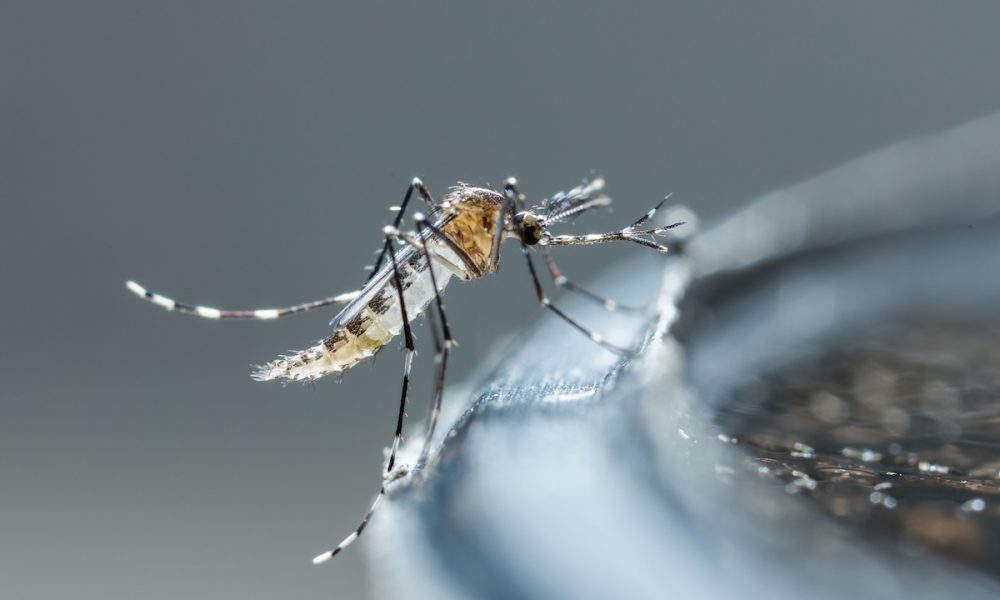
Every year, Georgia ranks in the top five of U.S. states with the highest mosquito population. As soon as the weather warms up and the humidity rises, these annoying, disease-carrying pests emerge and establish a breeding ground. If you’re not addressing five little known property issues, you could be attracting mosquitoes to your home or business. And, that will take a bite out of your recreational activities and business profit.
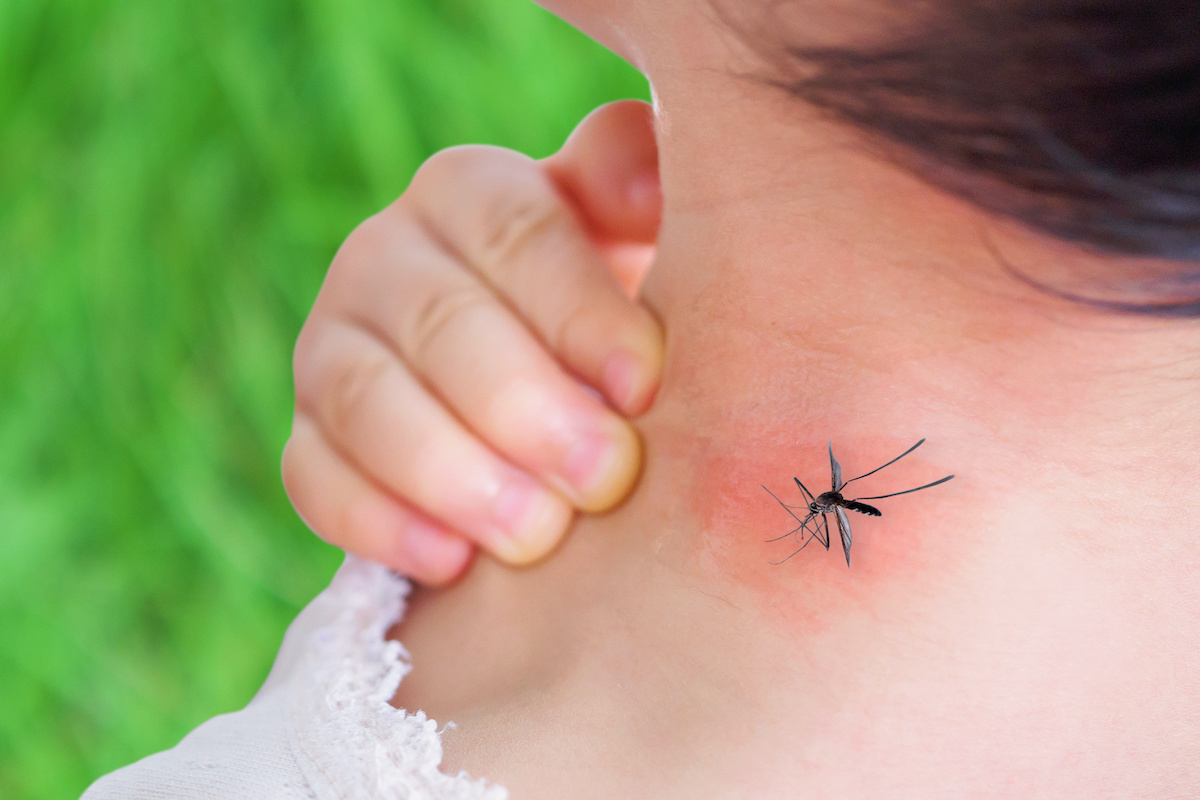
Preventing mosquitoes from taking residence at your Georgia home or business property starts with a carefully thought out plan based on the needs of your property. This type of plan goes beyond citronella candles and yard sprays. A mosquito control plan usually will include:
- Identifying and eradicating an immediate mosquito problem
- Identifying areas outside and inside the property that are at high-risk for mosquito infestation
- Correcting high-risk issues to prevent a mosquito problem from developing
- Planning for sustained, safe and effective treatment of the property
- Educating home owners and / or employees about things they can do to repel mosquitoes
Ideally, before you even have a problem, you should contract with a professional mosquito control service to establish a long-term plan for prevention and control at your property. If a problem already exists, that needs to be addressed and a maintenance plan established.
5 Ways You’re Attracting Mosquitoes to Your Property
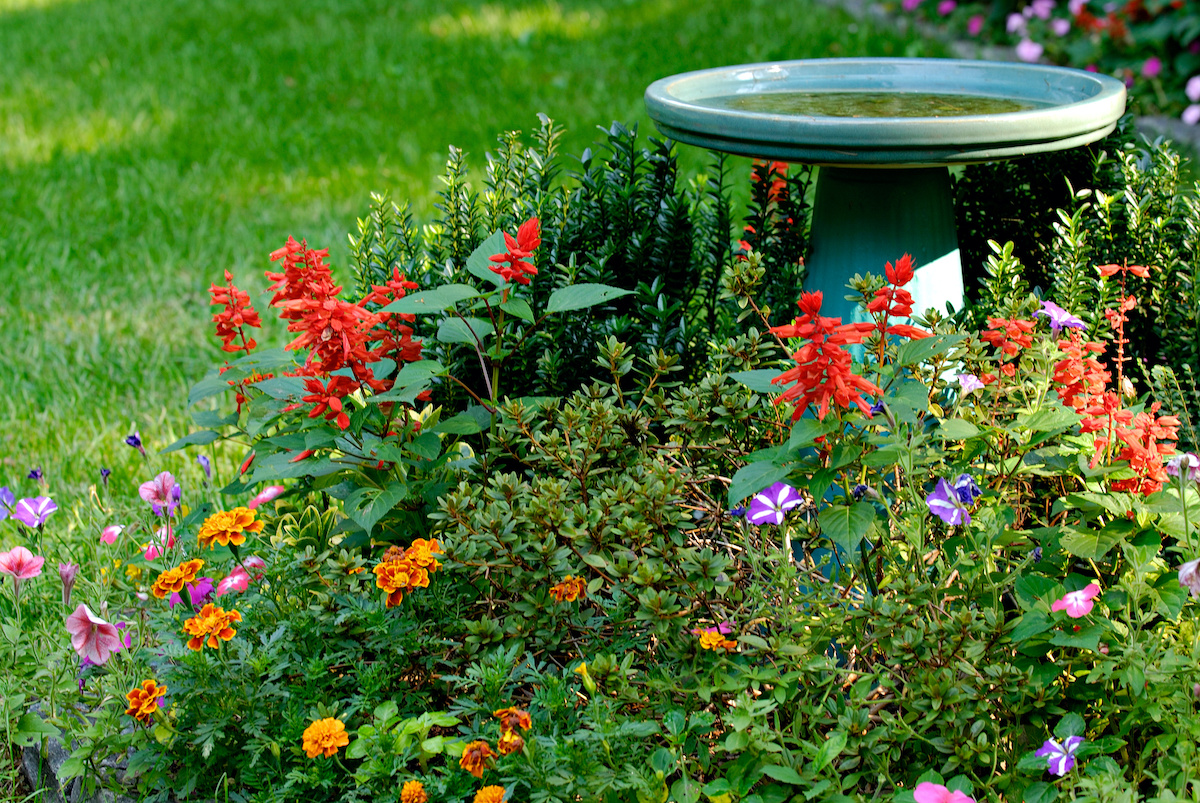
Whether you are a homeowner or a business owner, there are several ways you could be attracting mosquitoes to your property without even realizing it. This isn’t necessarily because you’re doing something wrong. rather, these five ways of attracting mosquitoes are things that you (or your family members, or employees) simply don’t have at the top of your to do list.
- Bird Baths. Many homes and businesses have bird baths at the entrance, in gardens, or nearby outdoor seating areas. We all enjoy watching our feathered friends, but stagnant water in a bird bath can quickly attract more mosquitoes than birds. To prevent this mosquito problem, empty the water from the bird bath every night and refill it in the morning. (The same holds true for kiddie pools in the backyard—don’t let water sit in them!)
- Clogged Gutters. Most people don’t think about cleaning the gutters until the Fall, after the leaves have fallen and before winter brings sleet and snow. Your gutters should be checked and cleaned at least once every season, and more often if your area has seen a lot of storm activity of any kind. To prevent your home or office building gutters from becoming a mosquito nursery, clear downspouts and gutters of leaves, twigs and other debris that can snack up and block rainwater from flowing easily to the ground. If your mosquito problem worsens in late summer, take a look at the gutters to make sure they’re clear and dry.
- Tire Ruts on the Property. If you have a gravel or dirt driveway or parking lot on your property then you are likely to get tire ruts from cars or even lawn mowers. These indentations in the surface will collect rainwater and that stagnant water becomes an ideal place for mosquito larvae to thrive. Even if these ruts are not filled with rainwater, they are a problem: Female mosquitoes can lay thousands of eggs in damp soil if the environmental conditions are also humid enough. The best way to correct this mosquito problem is to fill the tire ruts with sand and soil or sod.
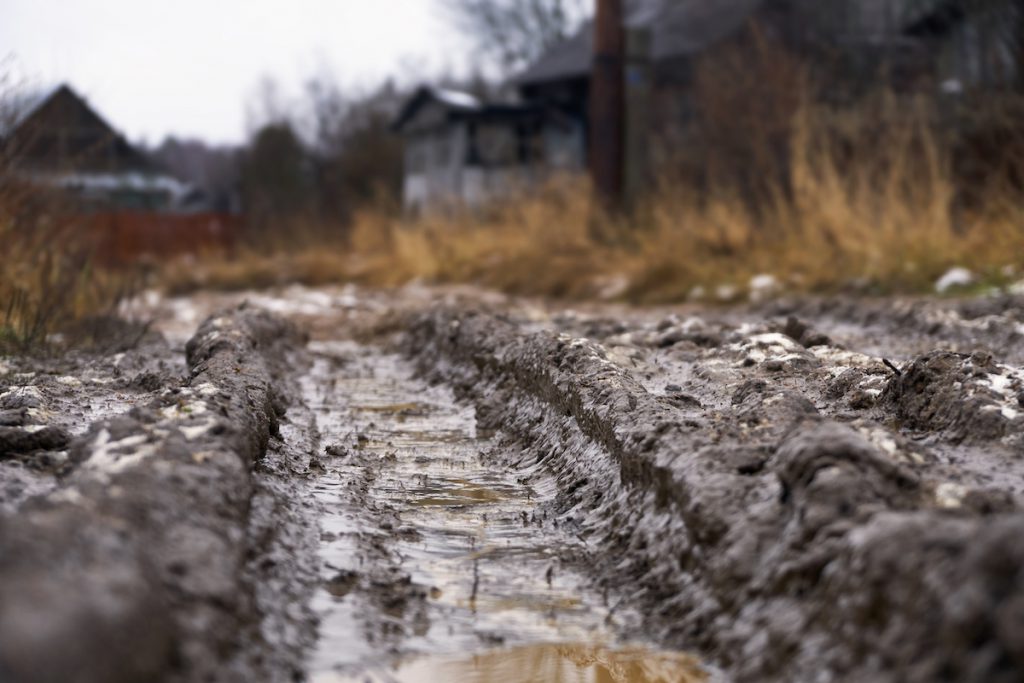
- Trash Cans Left Open. Neither the size nor whether the trash can is full or empty matters when it comes to mosquitoes (and other pests). You’ve got to keep the lid shut tightly! Most of us don’t give the trash can a second thought until trash pick-up day or when we ask a family member or employee to bring trash “out back.” Any trash bin can easily become the site of a mosquito infestation if fluids are left in it. If rainwater pools inside a trash can, empty it right away. It’s also a good idea to clean the inside with your preferred cleaning product and spray it down with water.
- Potted Plants and Water Saucers. Around the home, garden, and office potted plants add beauty. If those plants also stay too wet or water pools in the saucer, then they present an inviting environment for mosquitoes to nest. To prevent potted plants from becoming homes for mosquitoes, check the water saucers daily and drain off excess.
Even a small population of mosquitoes can quickly explode into thousands as female mosquitoes can several thousand eggs per day. So it is important to be vigilant! Mosquitoes may be lurking—and hatching—in spots like these, whether you know it or not.
What Else Can I Do to Control Mosquitoes?
In addition to keeping tabs on the five areas outlined above, and implementing a professional mosquito control service, there are several things you can do throughout mosquito season in Georgia, which is March through October.
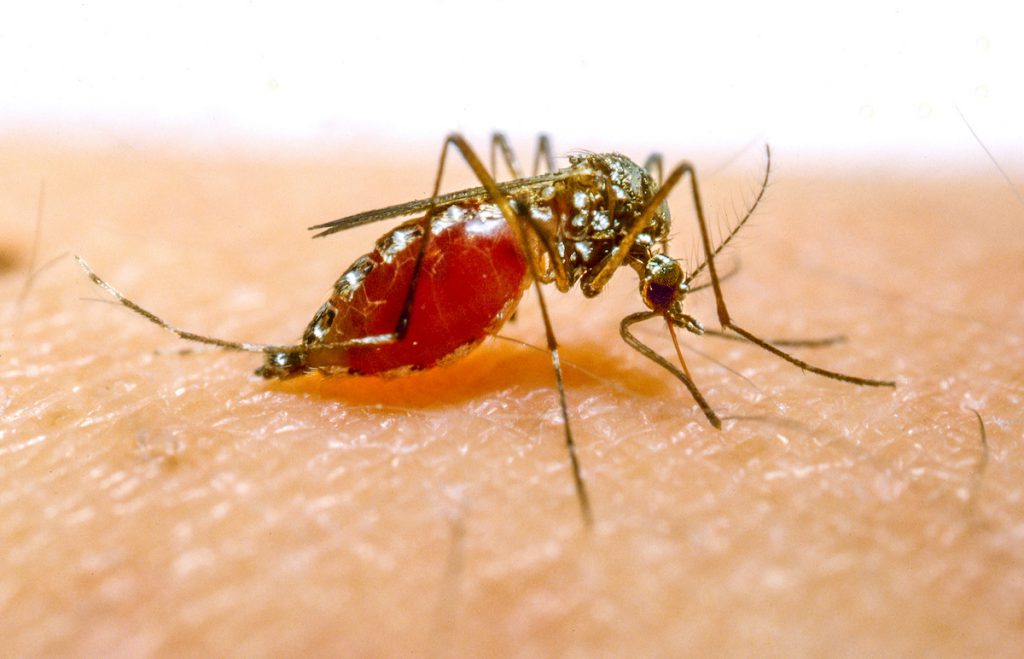
To Prevent Mosquito Bites:
- During the hottest part of the day, mosquitoes rest in the shade. Avoid sitting in shaded areas to avoid being bitten by mosquitoes.
- If possible, avoid activities during times when mosquitoes are most active – dawn and dusk.
- On the deck/patio, use General Electric yellow “Bug Lights”. These lights are not repellant, per se, but do not attract mosquitoes like other incandescent lights.
- Wear protective clothing such as long pants and long sleeve shirts when outdoors.
- Use insect repellents properly. The Centers for Disease Control and Prevention lists only four chemicals as being effective for repelling mosquitoes: DEET, Picaridin, Oil of Lemon Eucalyptus (or its synthetic version, called PMD) and IR3535.Use repellents only as directed on the label.
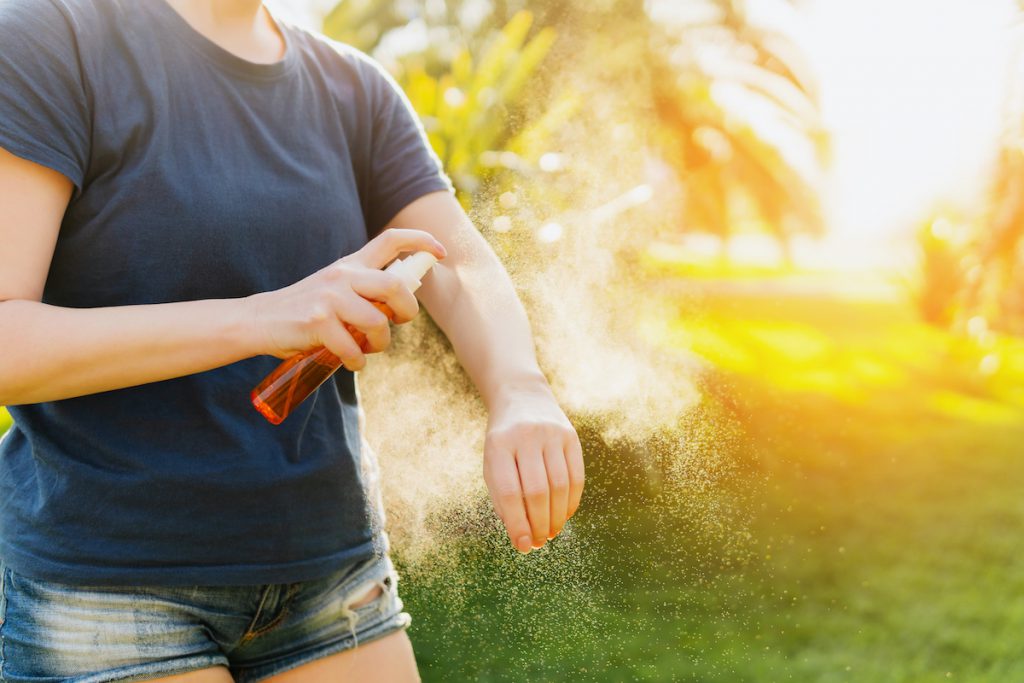
More Tips to Control Mosquitoes:
- Check your door and window screens for holes and tears that mosquitoes can use to enter your home. Put 16 mesh screening or hardware cloth over bathroom vents and other outlets on your roof.
- Mosquitoes are relatively weak fliers, so placing a large fan on your deck or patio can provide an effective low-tech solution.
- Keep pools clean and chlorinated.Avoid water collecting on pool covers.
- Keep emergent vegetation to a minimum in ponds and streams.
- Eliminate all standing water on your property. Don’t forget to remind your neighbors, too. Their mosquito problem may be, or quickly become your mosquito problem.
- Even the smallest of containers that can collect water can breed hundreds to thousands of mosquitoes. In fact, very little water is needed for a mosquito to lay eggs. (bottles, buckets, overturned garbage can lids, etc.)
- Keep ponds stocked with mosquito-eating fish after consulting with local fish and game personnel to see if permits are needed. Steeply grade pond margins to prevent predators such as wading birds, raccoons, etc from eating the fish.
- Dispose of any tires. Tires can breed thousands of mosquitoes.
- Drill holes in the bottom of recycling containers to promote drainage.
- Clean pet water dishes regularly.
- Check and empty children’s outdoor toys.
- Repair leaky outdoor faucets.
- Clean canoes, boats, etc. should after each use and turn these over when not in use.
- Plug tree holes and stumps to keep mosquitoes from building nests.
It’s a long list, and it’s only the beginning of effective mosquito control for Georgia properties.
Mosquito Control Service in Northeast Georgia
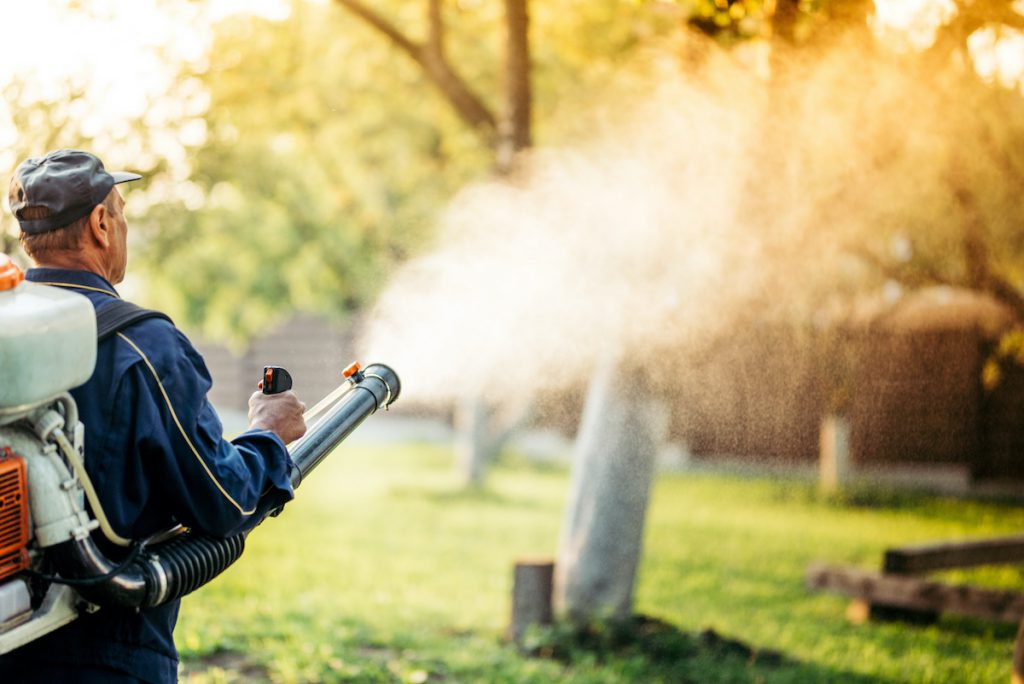
If you haven’t gotten started on a mosquito control plan, then it’s time to call a professional service. For over 30 years, Houseman Services has provided professional pest control services to business and home owners in Northeast Georgia. Our expertly trained staff of technicians takes great pride in offering high quality customer service, competitive and reasonable pricing, and the best guarantees in the pest control industry. Call us today at 706.769.7826 to schedule a consultation . We also invite you to contact us with your questions. We’re here to help you keep your home, commercial, or industrial property beautiful and pest free all year long.
Genetically Modified Mosquitoes Have Arrived
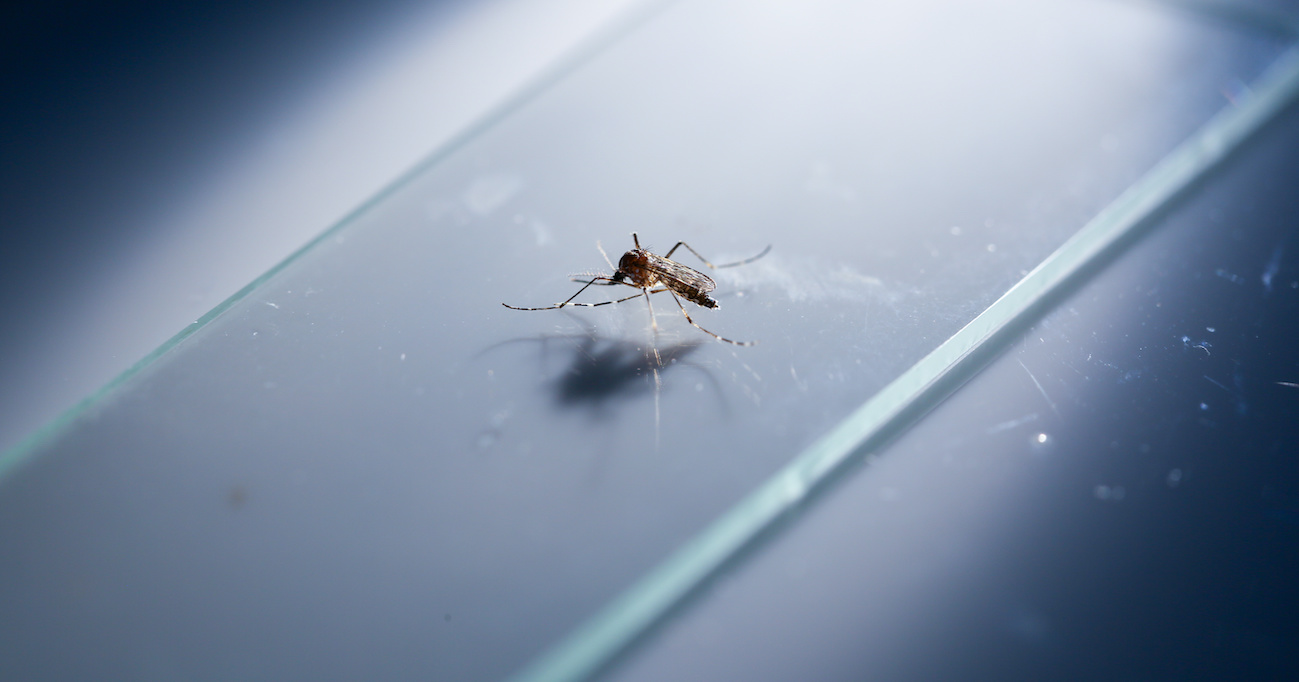
This summer the world’s first genetically modified mosquitoes will be released in Florida–750 million of them, to be exact. Another set of GM mosquitoes will be released in Texas. In the making since 2011, there has been a great deal of controversy over the lab-engineered mosquito. The EPA in the U.S. indicates that the “new breed” of mosquitoes will help reduce the population of disease carrying mosquitoes. You can follow this link to learn more about genetically modified mosquitoes and see if they are coming to Georgia anytime soon.
Resources
American Mosquito Control Association
ldridge, S. Genetically modified mosquitoes. Nat Biotechnol 26, 725 (2008).